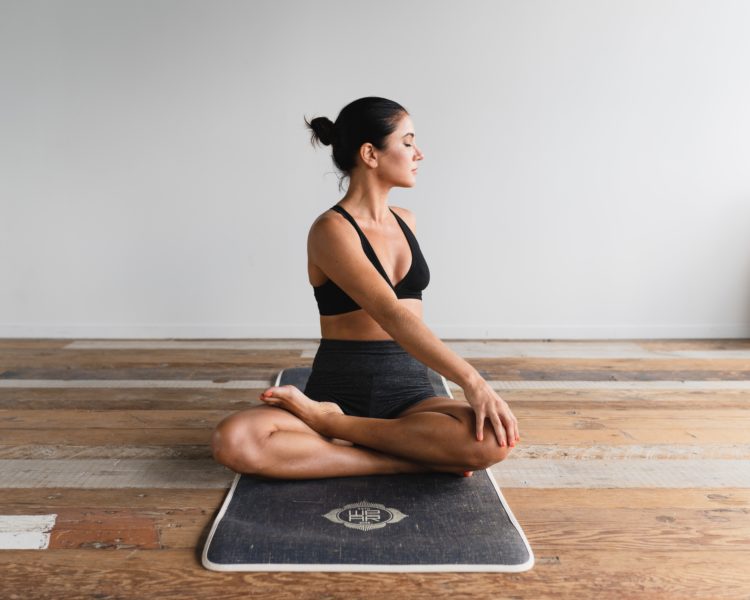Home Fitness
For a while now, we have lived in a world where brands like Soul Cycle are cult sensations, where gyms like Dublin’s prestigious Eden One are luxury destinations, and millions of people flock to wellness festivals each year. People spend their days wearing personal fitness trackers and athleisure wear—an industry expected to reach $257.1 billion by 2026. It’s all part of a larger trend in which a commitment to health has become part of our identity and an outlet for self-expression. This dedication to wellness has not faltered even in the face of a pandemic. In many ways, the current situation has galvanised it as people seek out ways to get their dose of fitness at home.

Approximately 10 percent of the Irish population is a member of a gym or fitness club, amounting to an industry worth €300 million per year. As gyms closed their doors, it has ushered in a period of exploration of home fitness. Home fitness has come a long way since the days of VHS tapes and Jane Fonda in leg warmers. Today, it is dominated by influencers each promoting their personal brand and approach. When workouts moved indoors, personalities such as Joe Wicks, the Body Coach (2.43M subscribers) and Adriene Mishler, of Yoga with Adriene (7.46M subscribers), were already waiting in the wings on YouTube. And, while their viewership has jumped up significantly since quarantine began, they have more competition than ever as prominent brands such as Nike and Lululemon have made their online fitness content free. In Ireland, Reformation, Platinum Pilates and YogaHub have all adapted to the crisis by moving online, while FLYEfit has a timetable of classes on Instagram Live each day. Earlier this month, Dublin’s Wellfest took place virtually. Suppliers of fitness equipment are also struggling to keep up with demand. Between January and March in the US, for example, sales of fitness equipment shot up 55 percent as lockdowns began to roll in. In November, Peloton was being mocked across the internet for its ‘dystopian’ holiday ad. Now, they can’t make their bikes fast enough for the surge in orders.
The lockdown has put fitness in the minds of more people. In Ireland, the government is encouraging people to stay fit both directly, and implicitly, with its reminders of the outdoor exercise radius. As the population experiences the collective anxieties of this crisis, many are seeking the mental health benefits of exercise as well. One only needs to go outside and see the sheer number of runners to witness an adaptation taking place.
Will people, starved for the social energy of the gym, go back in droves when it is safe to do so or stick to their stay-at-home fitness habits? Will people finally refuse to change out of their yoga pants for good? It is probably too soon to tell. However, while living through a pandemic is likely to prompt more people to adopt a health conscious lifestyle on the whole, living through lockdown has likely given many people the time and motivation to explore and build a new interest in exercise. Brands affiliated with these spaces would be savvy to appear friendly to budding athletes and put in the work to build those relationships now.




